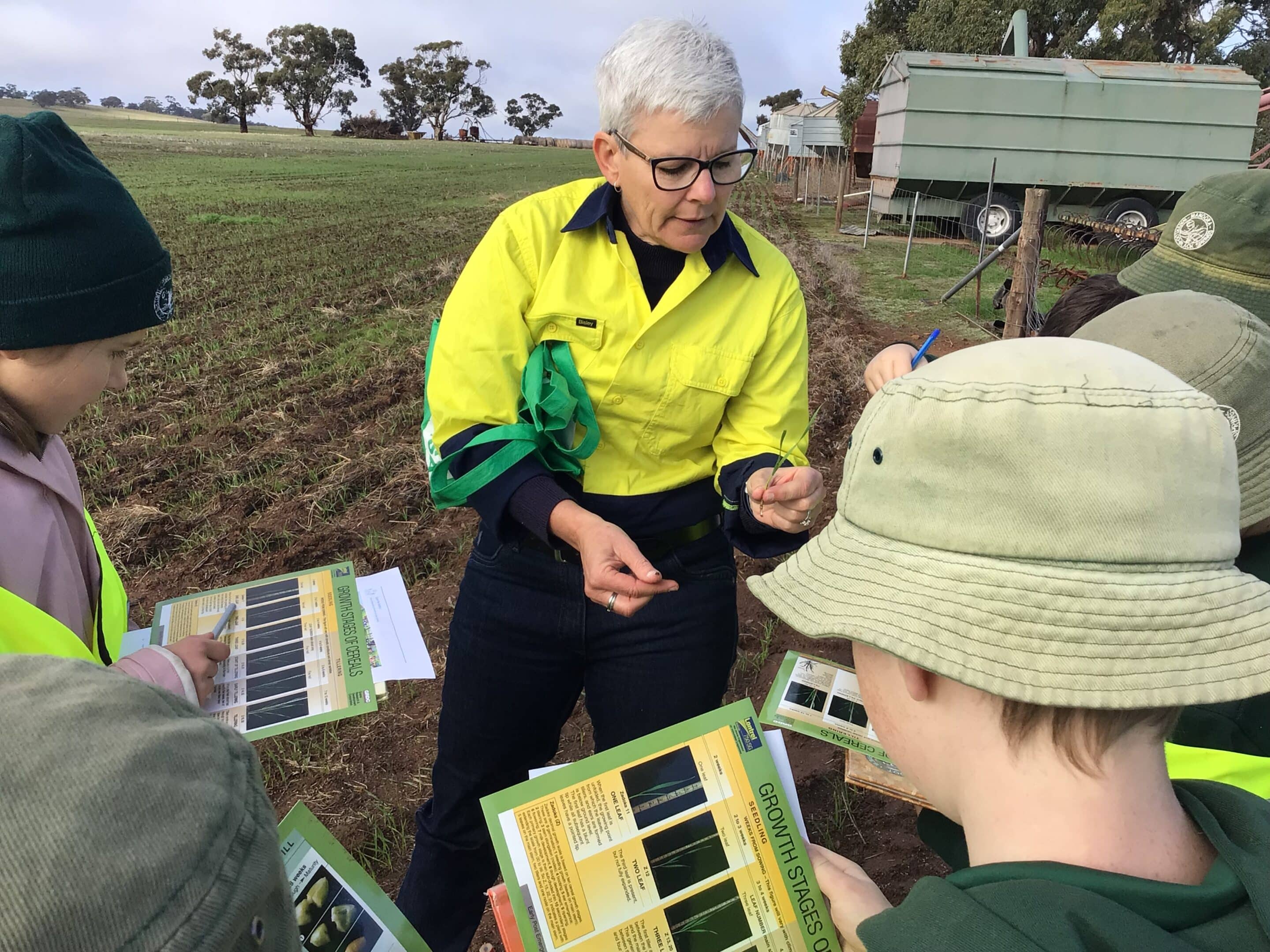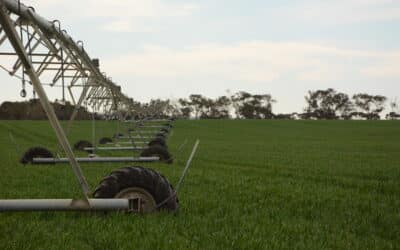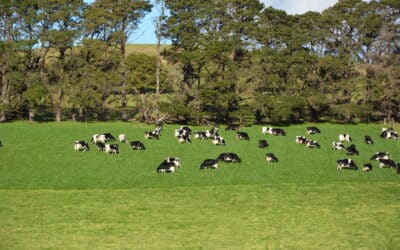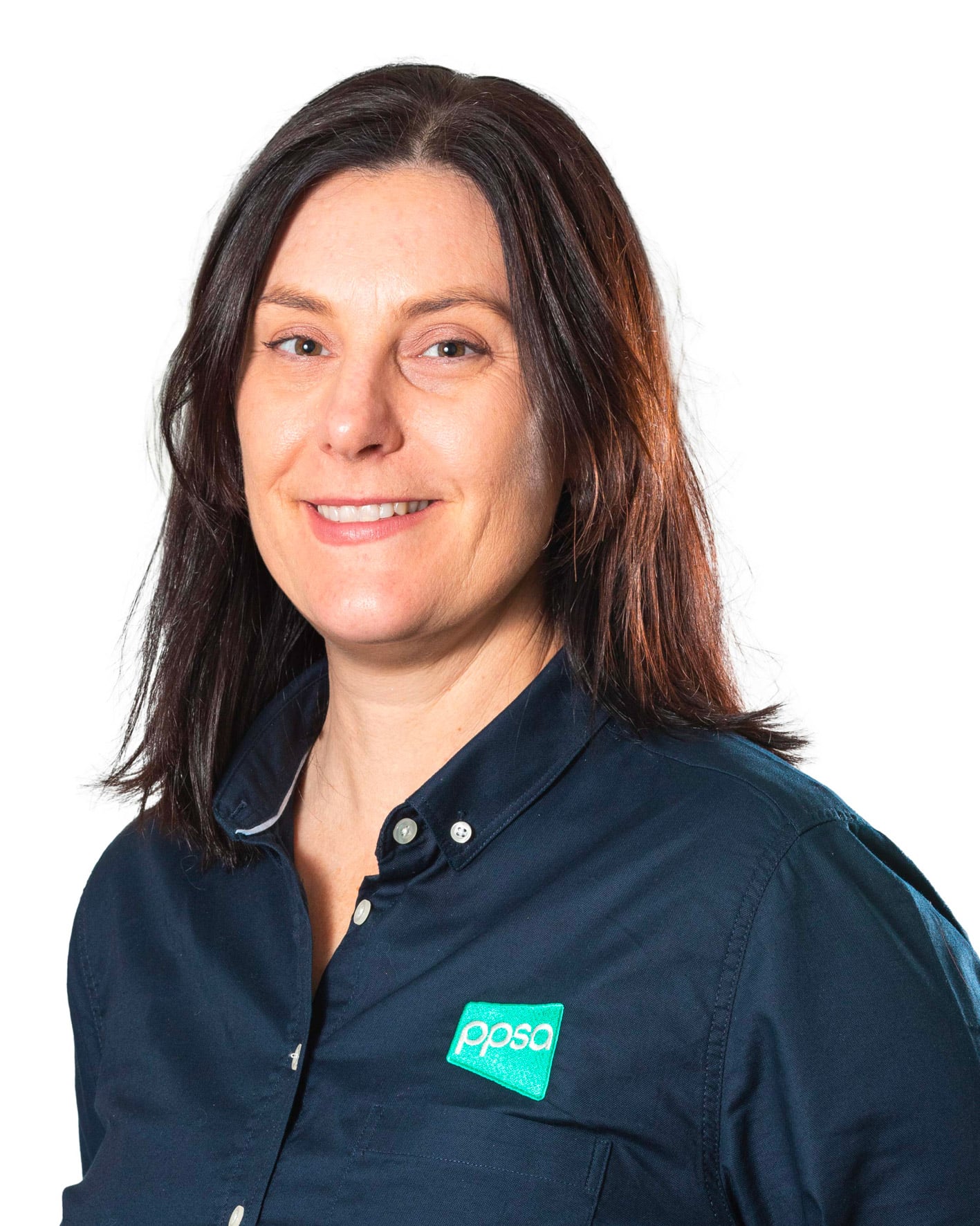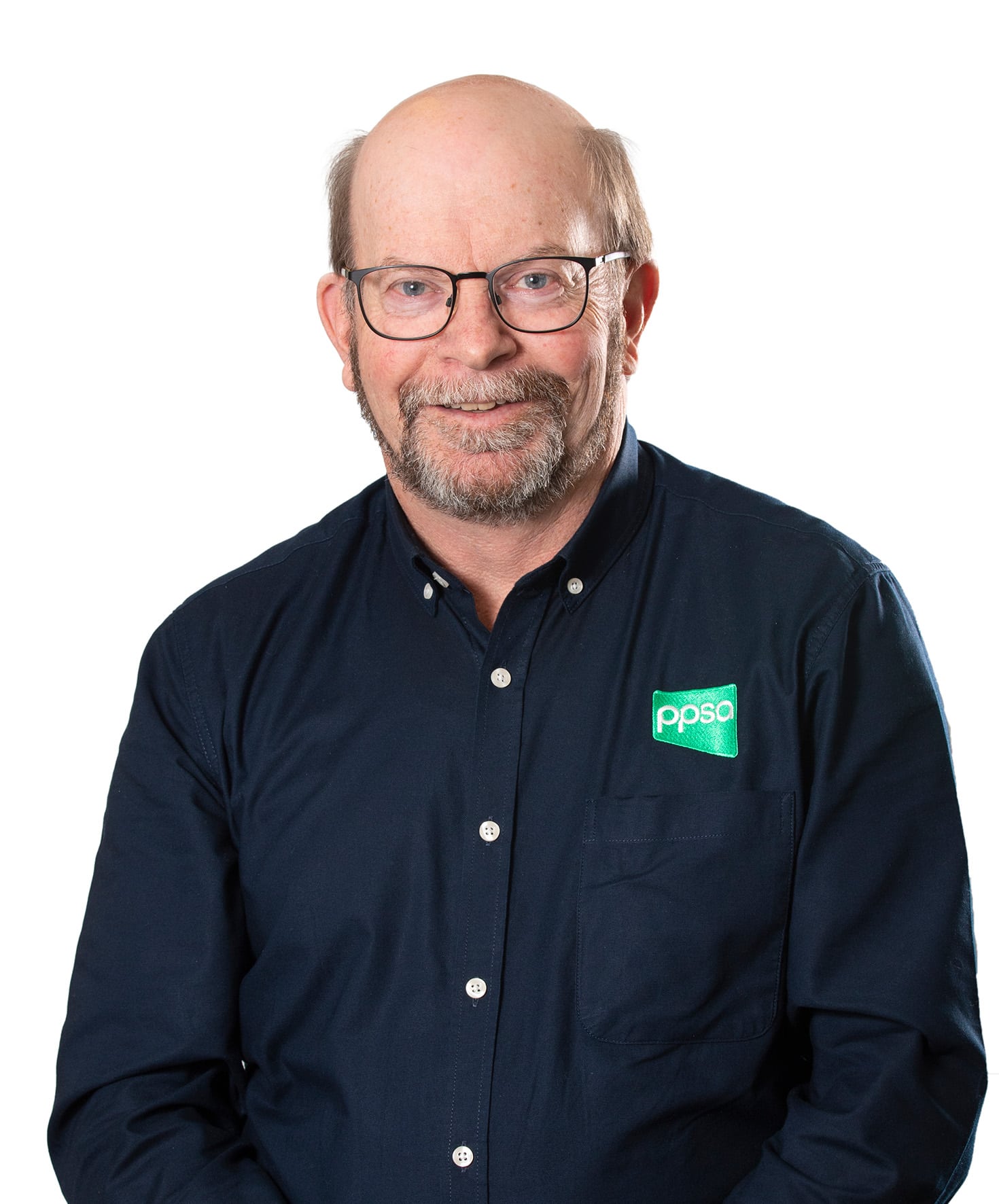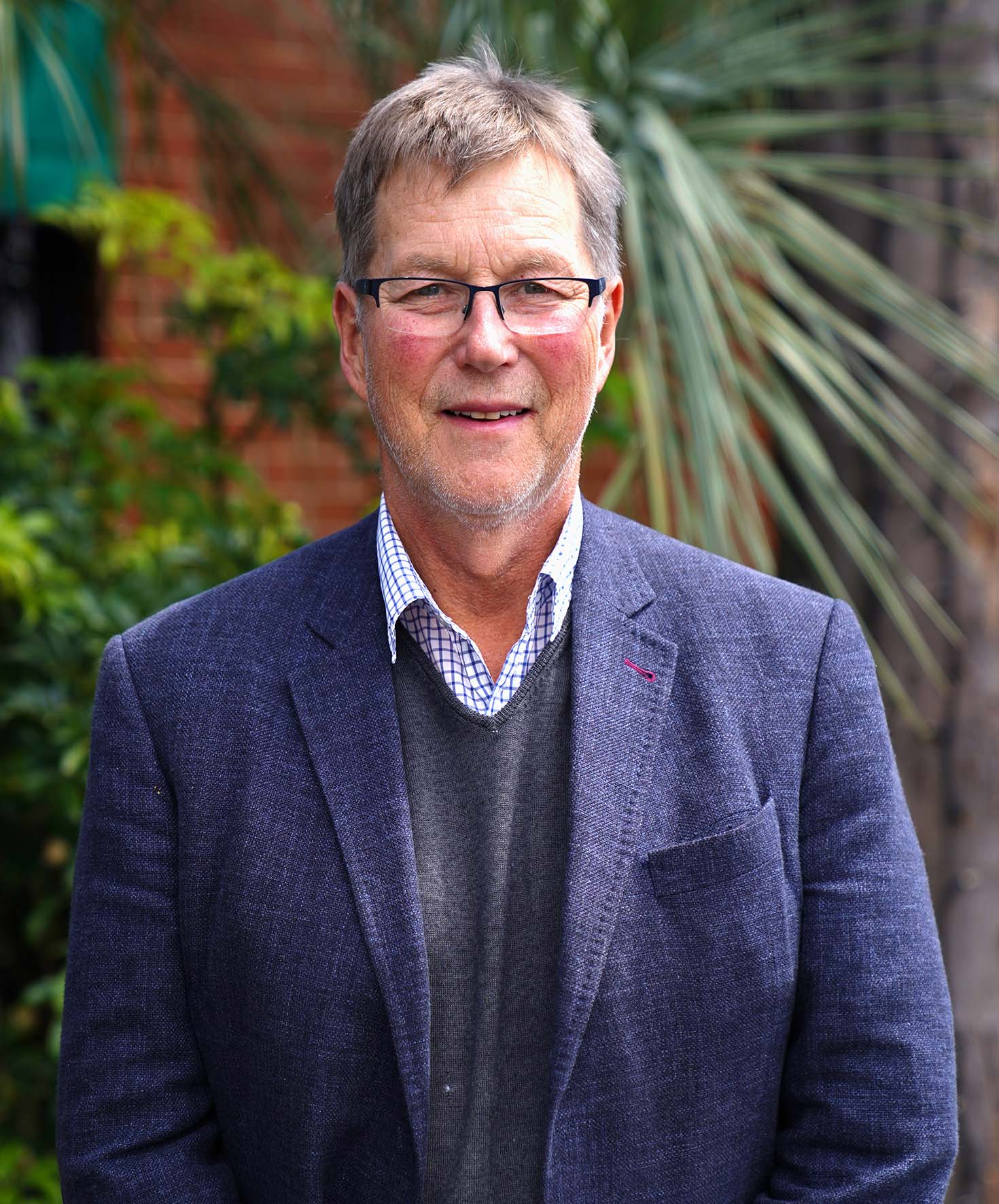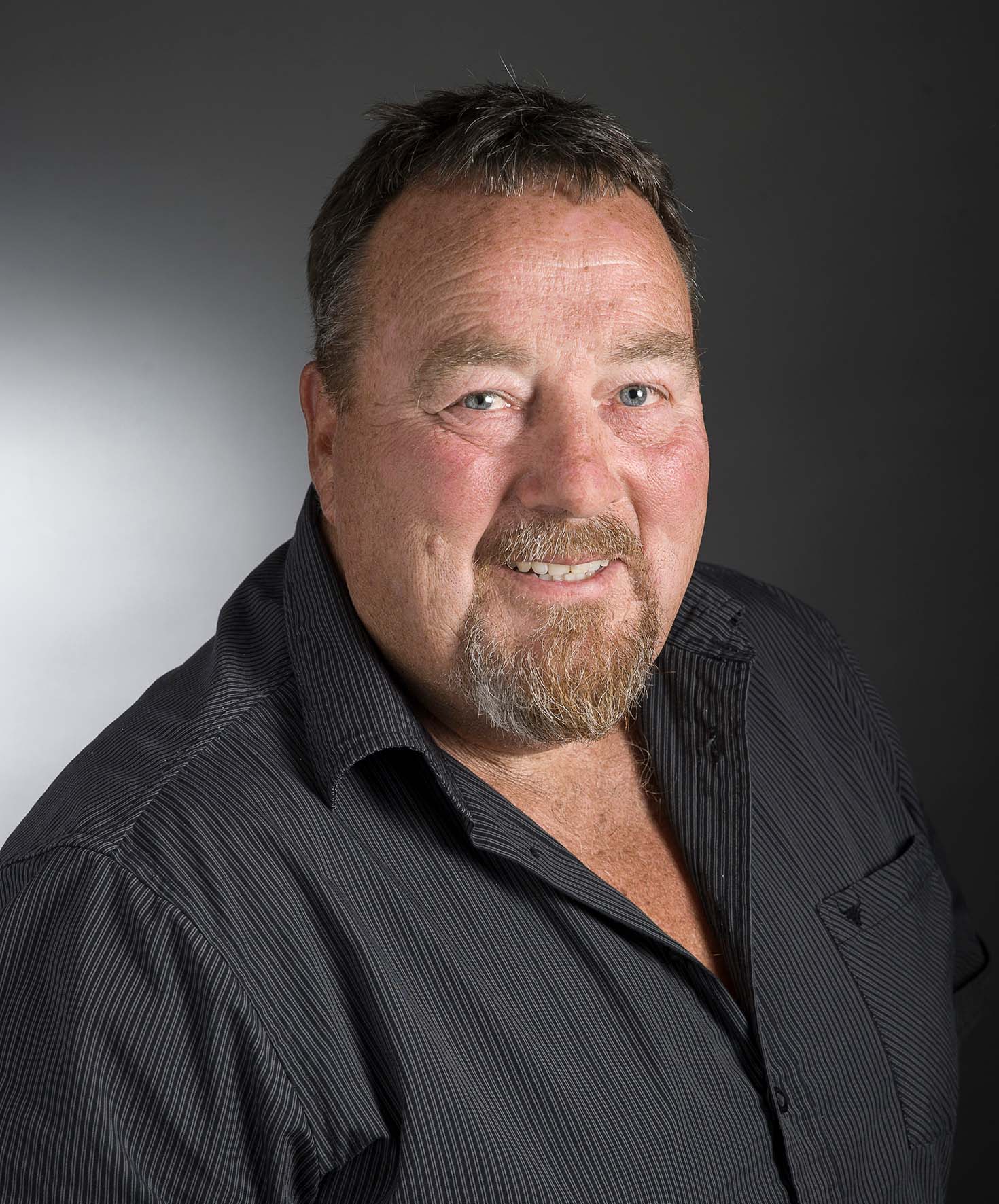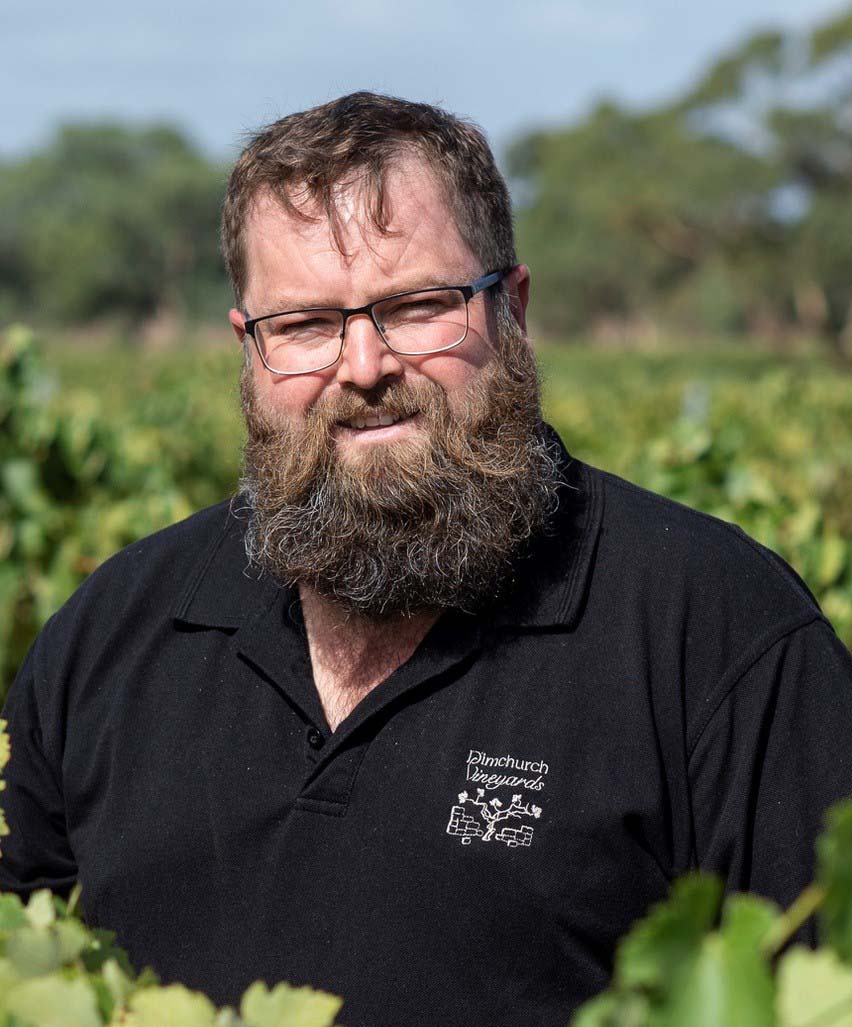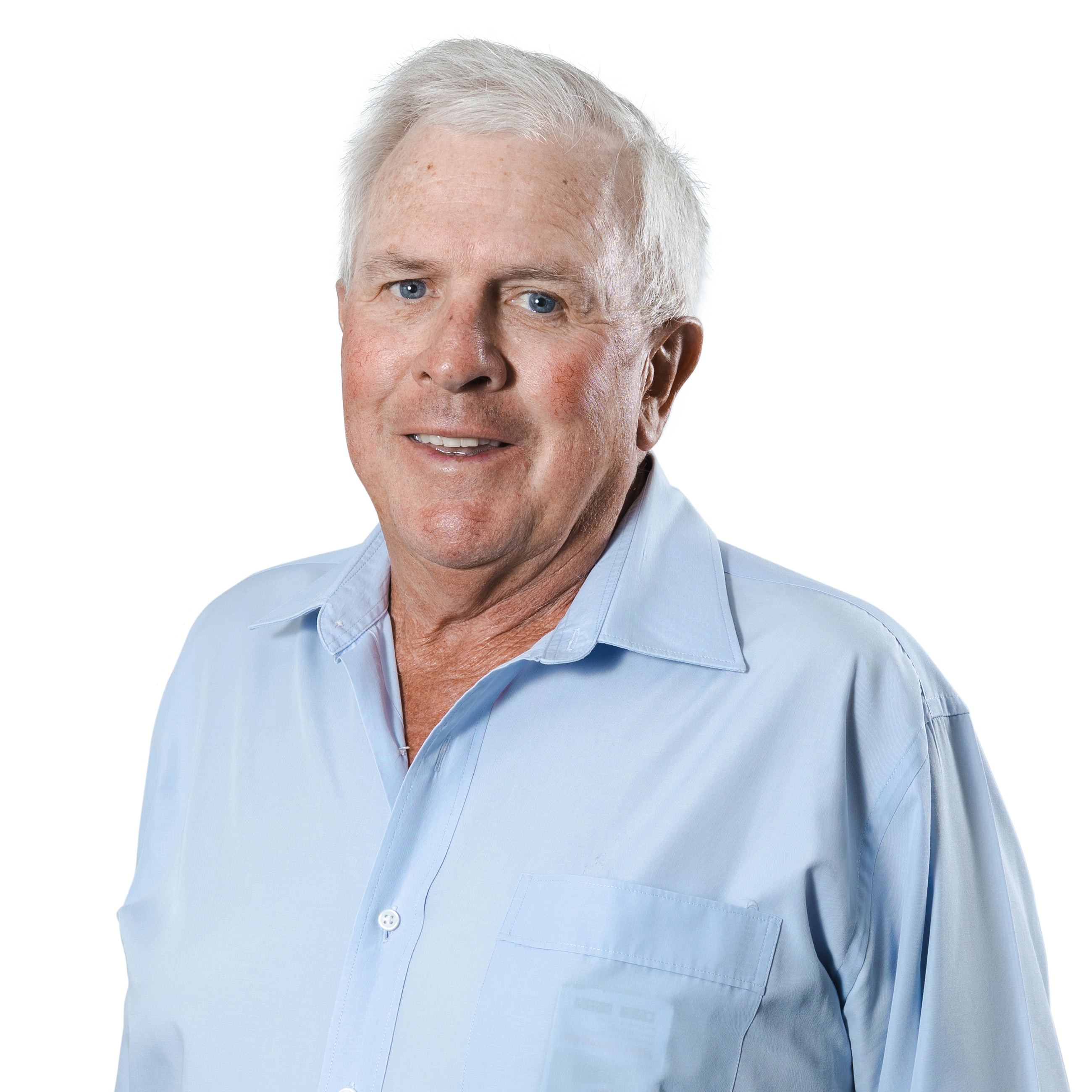South Australia played host to the National Association of Agricultural Educators Conference recently, at Victor Harbor, where I was fortunate enough to outline some of Primary Producers SA’s work in the education space.
The important work ag teachers and educators do cannot be understated as the industry seeks to fill a critical skills gap estimated to be more than 101,000 full-time equivalent workers, according to the Australian Farm Institute.
The primary industries sector is full of potential, yet many students are unaware of the opportunities and pathways.
PPSA’s work in education and capacity building ranges from raising awareness of primary production and food at the primary and secondary school level, supporting and reviewing effectiveness of vocational education and training and university offerings, through to delivering leadership programs to primary producers.
PPSA has also worked closely with the South Australian Skills Commission, its Agribusiness, Food and Wine/Beverages Industry Skills Council, the Department for Education and PIRSA to contribute industry priorities into the education and skills system.
In recent years, PPSA has implemented a significant body of agricultural education work, including the Educating Kids About Agriculture initiative targeted at primary school students, and the Farm Safety Project, which has worked to promote farm safety to students in years 5, 6 and 7.
PPSA has a clear vision for agricultural education: the delivery of coordinated and innovative food and fibre education programs, which engage, link with industry and showcase opportunities, research, innovation and pathways while building trust in the sector.
This is why PPSA has partnered with AgCommunicators to develop an ag education strategy for SA, informed by the experience of SA’s lead ag teacher Sue Pratt and the tireless work of Belinda Cay of the past decade.
With a clear plan, industry will drive change.
We will promote agricultural pathways, innovation and opportunities and get more people into agriculture.
Overall, the plan will work to build a quality pool of confident teachers, support schools in their delivery of quality agricultural pathways, engage and inspire students and grow the workforce.
It will also generate a positive perception and increase trust in SA’s primary industries. There are only 75 schools teaching specialist agriculture in SA from an estimated 765 schools.
The aforementioned skills shortage extends to ag teachers, with many schools unable to attract an agricultural teacher with the relevant qualifications or industry experience, leaving schools to recruit from other disciplines.
Support is needed to upskill these teachers and support them to deliver curriculum with modern agricultural examples.
All of PPSA’s commodity group members recognise the need to engage in activities that attract the next generation of the agricultural workforce, and identify solutions to the immediate need for seasonal workers.
Recruiting from traditional pathways will not meet the workforce demands across the primary industries supply chain.
More young people with diverse skill sets and fresh perspectives are needed to be the innovators and problem solvers for the future of food and fibre production.
SA’s primary industries sector is growing, innovating and achieving, but to realise its potential there needs to be talented and motivated people ready to fill positions.
This column was written by PPSA CEO Caroline Rhodes and first appeared in the 25 January 2024 edition of Stock Journal.

